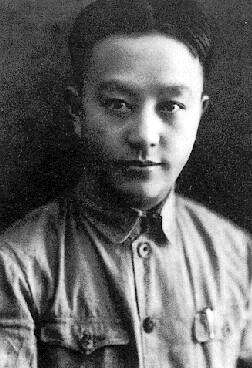We could be in a situation when the richest person in the United States is not a human being. The richest person in the United States is an a incorporated AI.
for - progress trap - AI as legal person (US Corporation) - richest person in the world could be an AI

